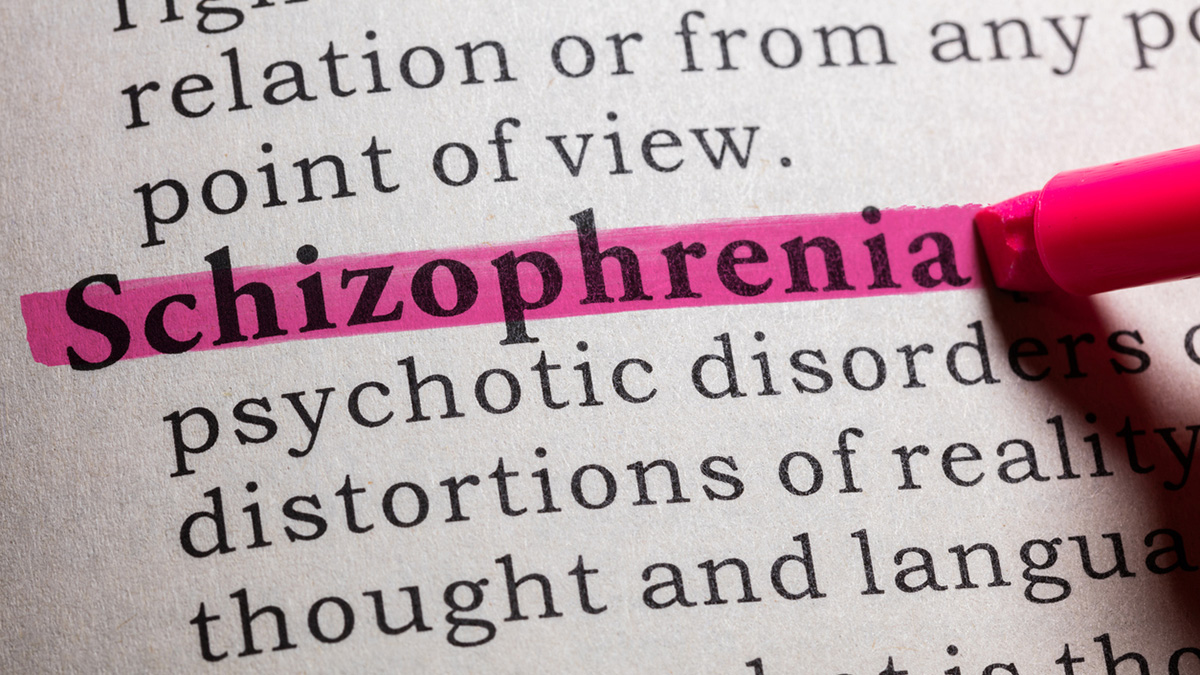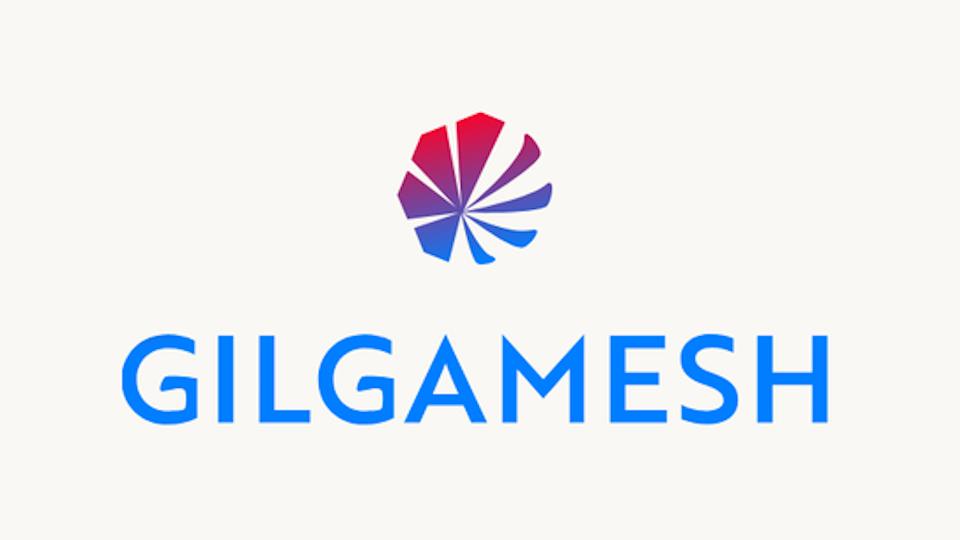Cerevel soars on first data for muscarinic schizophrenia drug

Shares in Pfizer spinout Cerevel Therapeutics have more than doubled after it reported positive early-stage results with CVL-231, a drug for schizophrenia that it thinks could have a clear side-effect profile than current therapies.
The drug – a selective muscarinic M4 receptor positive allosteric modulator (PAM) – is designed to have limited effect on dopamine neurotransmission, a mechanism thought to contribute to tolerability issues with the current generation of antipsychotic drugs.
In the 81-patient phase 1b trial, CVL-231 was able to achieve significant reductions in the Positive and Negative Syndrome Scale (PANSS) of schizophrenia symptoms, compared to both placebo and patients' baseline scores on enrolment into the trial.
A 30mg once-daily dose of CVL-231 cut PANSS scores by 19.7 points on average from baseline, and 12.7 points compared to placebo.
A 20mg twice-daily dose reducing those scores by 17.9 and 11.1 points, respectively – which was a puzzling result but may be explained by a closer look at how the drug interacts with the M4 receptor at the two dose levels.
Safety data suggested that the drug's tolerability was similar to placebo, according to the Boston-based biotech, fulfilling a key objective of the trial. CVL-231 was not associated with a greater incidence of weight gain than placebo and no adverse events related to extrapyramidal symptoms (EPS) were reported – all problems with current schizophrenia therapies.
As its Nasdaq-listed shares climbed to a close up 136% yesterday, Cerevel announced an offering of up to 14 million shares of its stock to help fund its clinical programmes. It now plans to push CVL-231 into a phase 2 programme in schizophrenia, and look at other potential indications like dementia-related psychosis.
Cerevel thinks it is the only company to have a selective M4 PAM in clinical testing, but it does have rivals in the muscarinic space, including Karuna Therapeutics which has advanced its KarXT candidate into phase 3 testing.
KarXT combines xanomeline, a novel muscarinic M1/M4 agonist, with trospium, an already-approved muscarinic antagonist designed to reduce M1/M4-related side effects in the peripheral nervous system. Meanwhile, Sosei Heptares also has a selective M4 agonist in early-stage human trials.
Cerevel was formed in 2018, with funding from private equity group Bain Capital, to take forward a strong of central nervous system (CNS) drugs that were seeking a home after Pfizer decided to shut down its neuroscience R&D operations.
The CNS category has proven so challenging in the past that many larger companies joined Pfizer in getting out of neuroscience drug development, including AstraZeneca, Novartis and GlaxoSmithKline, passing the baton to smaller biopharma groups.













